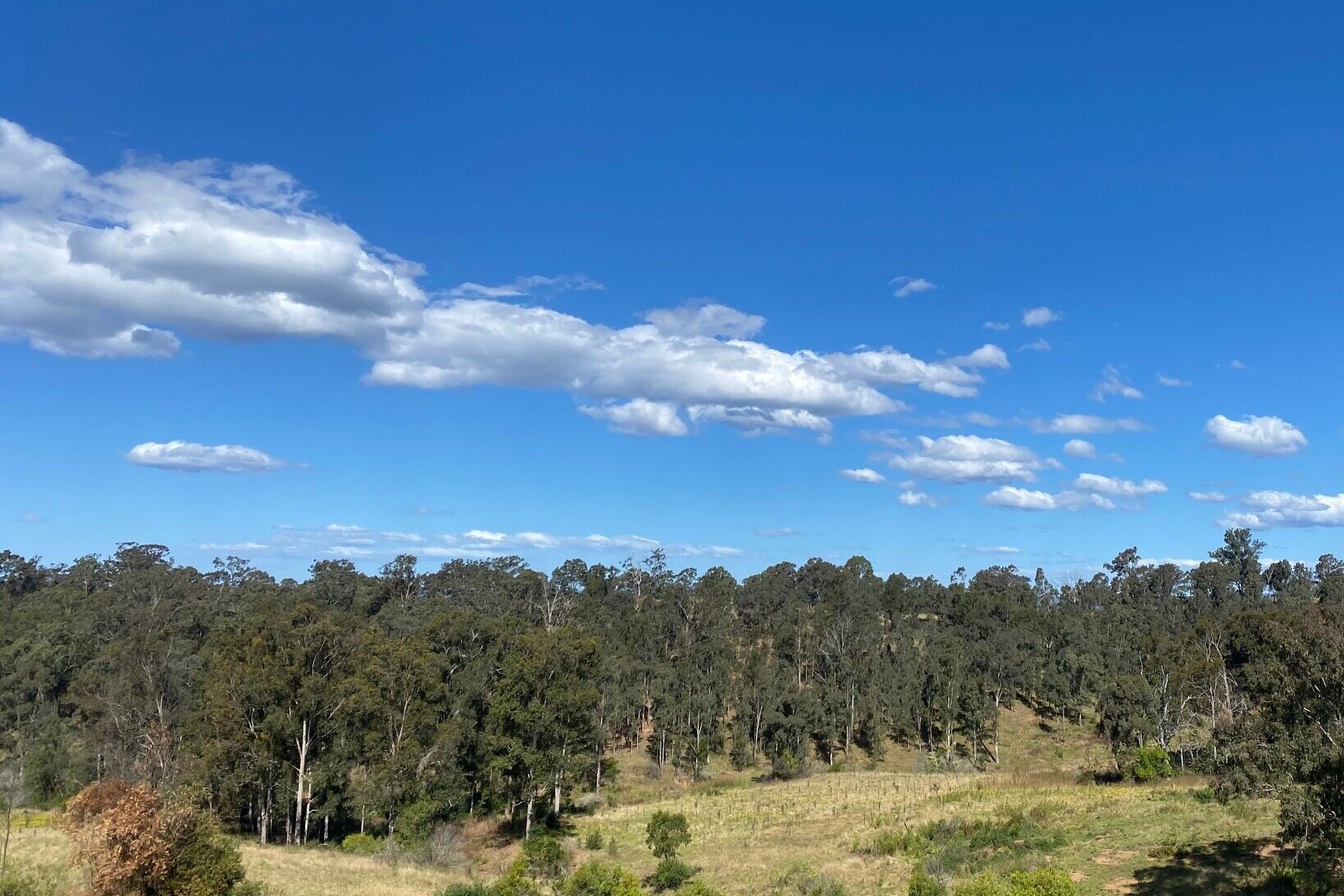
Conservation and Bio Banking
Brownlow Hill is dedicated to heritage and the local environment. To ward off developers and protect the environment, Brownlow has committed the farm to a conservation initiative, stewarded by the Government.
Since 1890 African Olive has taken over much of the native bushland and changed the pH of the soil. As a result our native plants can’t grow and this has a devastating impact on the biodiversity of the area. In effect it creates a monoculture in the region.
Brownlow Hill has piloted a conservation scheme, removing African Olive and planting natives so the ecosystem can be restored and preserved. This is regulated through biobanking and biodiversity stewardship agreements.
We have numerous conservation initiatives in place.
50,000 native species
Over 50,000 native trees and grasses have been planted so far. Another 50,000 will be planted in the next 5 to 10 years.
475 hectares
Brownlow Hill has committed 125 hectares under biobank agreements and will commit to a future 350 hectares – this is about half the property.
Precious ecosystem
Brownlow Hill is one of the last remaining enclaves of what is called Cumberland Plain Woodland. It includes rare species such as the Cumberland Plain snail, fishing bat and a rare flower called Pimea.
Other conservation initiatives
Carbon Sequestration
Rather than use chemical fertilisers, we compost organic material, mostly stable waste. This has not only improved fertility, it has improved the soil’s water retention capability and has helped sequester carbon that would have otherwise gone up into the atmosphere.
Water Catchment Program
Mount Hunter Creek flows down the eastern side of the property, resulting in soil erosion. The silt and nutrients that flow into the Nepean River then cause algal blooms.
In a program with Water NSW, Brownlow Hill has installed weirs along the creek, successfully stopping the erosion and the movement of silt.
Coal Seam Gas
In 1999 Brownlow Hill was approached by Sydney Gas to put 25 fracking wells on the property. After three years of court cases, Brownlow was one of the few properties in NSW able to stop this activity.
Not only would the wells have devastated Brownlow Hill, it is likely they would have tried to spread the fracking network to neighbouring properties.






